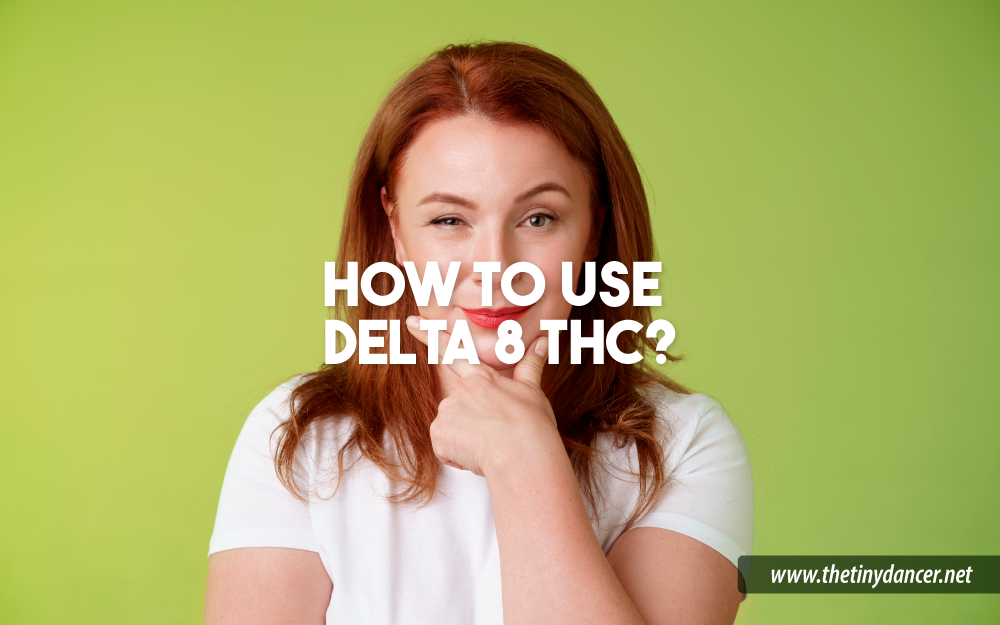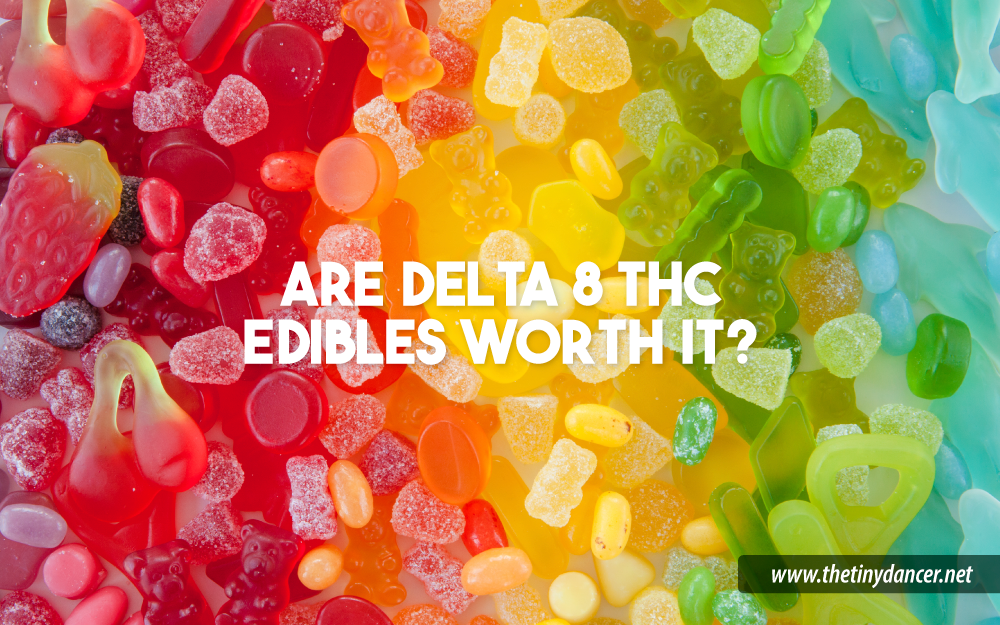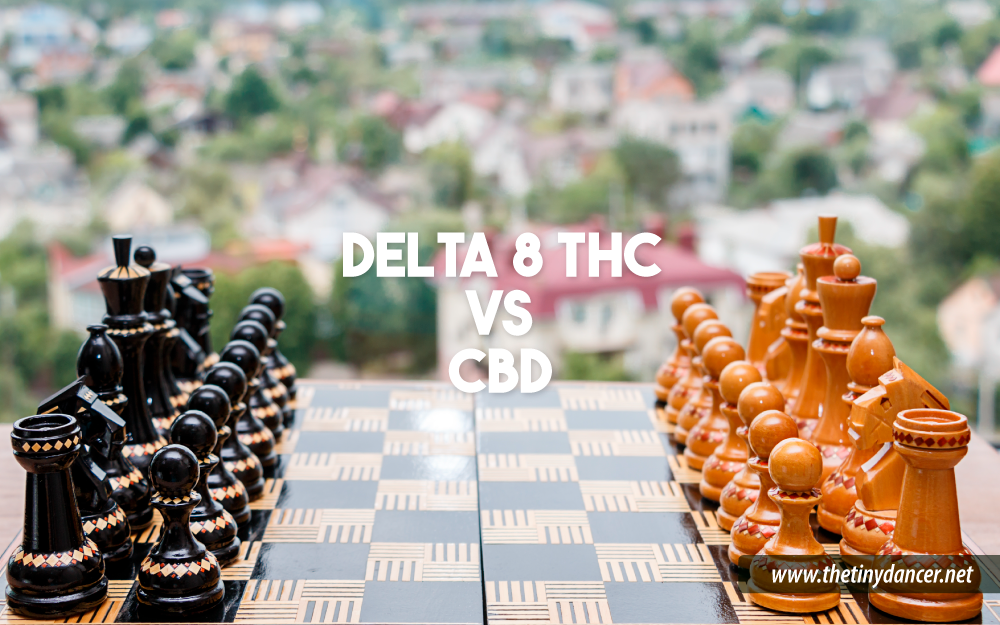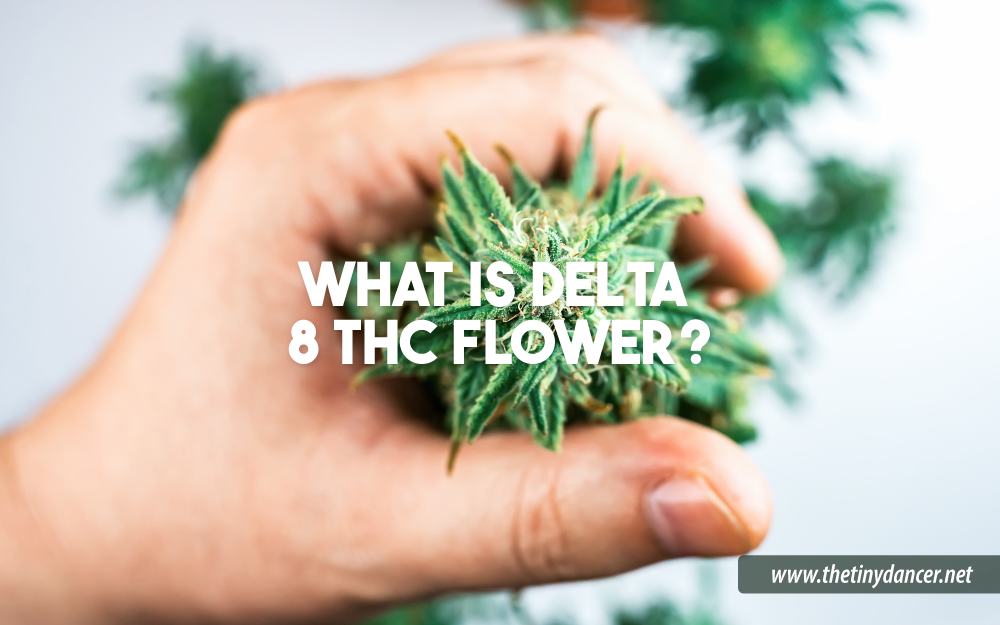To bring delta-8 into regulatory conformity, many states are scrambling to resolve legal gaps in their drug laws. In Oklahoma, a measure is underway that would classify marijuana to include Delta 8 and Delta 10 THC, as well as the famous Delta 9 THC.
Delta 8 will stay legal for now but it will have to be regulated and we do not know for how much time it will stay this way. Since Delta 8 THC is derived from hemp plants, it is still considered as legal under the Farm Bill 2018.
However, the bill was passed, assuming that no stimulating products are obtained from hemp. Therefore, while congress members are still debating on the subject, the Delta 8 THC industry is ramping.
Keep reading to know more about the future of Delta 8 THC!
Why Are More States Banning Delta 8?
States will continue to restrict Delta 8 THC and other products like it, according to Marielle Weintraub, the president of Hemp Authority.
Because of conflicting restrictions, the legal status of Delta 8 THC—as well as Delta 10 THC, the recent minor cannabinoid causing interest in the CBD market—has been unclear.
Advocates of Delta 8 and Delta 10 THC products contend that all cannabinoids derived from hemp fit under the definition of hemp plants.
The plant is now a legal crop and is no longer a controlled narcotic, according to the 2018 Farm Bill.
However, in late 2020, the Drug Enforcement Administration released an interim final rule stating that “all synthetically derived (THC) controlled narcotics remain Schedule I prohibited drugs.”
According to the DEA, Delta 8 THC is a prohibited substance since it is made from CBD derived from hemp rather than being taken directly from the hemp plant.
There are at least five states that are considering or updating their legislation on Delta 8 THC.
A minimum of eleven other states have already adopted laws addressing minor cannabinoids.
Despite being less potent than Delta 9 THC found in marijuana, some people can experience stimulating effects from these minor compounds.
Among the states that have outright banned delta-8 THC are:
- Alaska
- Arkansas
- Arizona
- Colorado
- Delaware
- Idaho
- Iowa
- Mississippi
- Montana
- Rhode Island
- Utah
Yet, since Delta 8 THC still remains on the list of Schedule 1 controlled substances, the products are illegal under federal law.
Is Delta 8 Legal In All 50 States?
No, Delta 8 is not legal in all 50 states.
In Alaska, Arizona, Arkansas, Colorado, Delaware, Iowa, Idaho, Mississippi, Rhode Island, Montana, and Utah, Delta 8 is prohibited.
It is lawful in all other states, but keep in mind that this may change if state legislators decide it should be classed as a controlled substance.
As a result, before taking Delta 8, you should always check with your state’s regulations, as cannabis laws are subject to change at any time.
Although hemp products are lawful, the FDA has yet to regulate them.
This means that the FDA may adopt its own standards that are not officially part of state or federal law at some point in the future.
Hemp products are now offered in an uncontrolled market, so corporations can do pretty much whatever they want when making hemp-based items.
This is largely why, when seeking for CBD and other hemp derivatives, we have such a vast selection of product types to pick from.
This means that, for the time being, you can legally purchase delta 8 that has not been developed under industry norms (if it is legal in your state).
This is beneficial because it provides us with a greater range of things to pick from.
However, it also means that you must exercise caution when making a purchase to ensure that you are buying something legal, but also of excellent quality and free of contaminants and dangerous ingredients.
Why Is Delta 8 Legal And Not Delta 9?
Delta-9 is banned under federal law (and in certain states still) since it has stimulating properties, although Delta-8 is presumed to be legal.
This is due to the way Congress framed the 2018 Farm Bill, which legalized hemp but kept marijuana illegal.
The term “hemp” refers to any portion of the cannabis plant with a Delta 9 concentration of less than 0.3 percent, as defined by the law.
“Marijuana” is banned since it includes more than 0.3 percent Delta-9.
This definition is mirrored in the great majority of state statutes.
Some in the hemp industry perceived the legalization of all cannabinoids naturally derived from hemp plants, with the exception of Delta-9 THC testing above 0.3 percent THC, as an opportunity to “lawfully” market hemp-derived Delta-8 THC.
Delta-8 goods definitely “breaks the spirit of the law,” according to some in the hemp sector, including the general counsel of the United States Hemp Roundtable.
However, it’s uncertain whether they also violate the text of the law.
Also, under the simple text of the law, a cannabis plant with less than 0.3 percent Delta-9 but a considerable concentration of Delta-8 might be recognized as legal hemp.
The Drug Enforcement Administration’s interim final regulation, which was designed to address the Farm Bill’s hemp legalization, confirms that “synthetically generated tetrahydrocannabinols” remain illegal.
Unfortunately, the IFR fails to define “synthetically derived.”
Because Delta-8 is created from hemp and CBD in a series of processes, it’s possible that when the DEA issues their final rule, they’ll determine that Delta-8 is synthetically created.
What Can Delta 8 Producers And Retailers Do To Mitigate Bans?
Proponents of products like Delta 8 THC and Delta 10 THC believe that the items are legal because the 2018 Farm Bill authorized hemp extracts.
Hemp enterprises have used the ambiguous language in federal laws to take advantage of making hemp and CBD distillate and isolate created by artificial demand.
It resulted in synthetic minor cannabinoids like Delta 8 and Delta 10 THC.
However, the DEA argues, claiming that Delta 8 THC is a banned substance because it is made from CBD obtained in hemp plants rather than being isolated straight from the plant.
In contrast, Delta 8 THC has offered extractors and farmers an opportunity for the vast overstock of hemp that were not profitable before, but it has also given the hemp business a negative image.
At the start of this year, many were still processing 2019 biomass and had no idea what they were going to do with it.
However, with the release of Delta-8, we’ve seen a surge in CBD isolate pricing, crude oil costs, and hemp pricing.
For struggling farms and companies, the increased prices have been a welcome relief.











